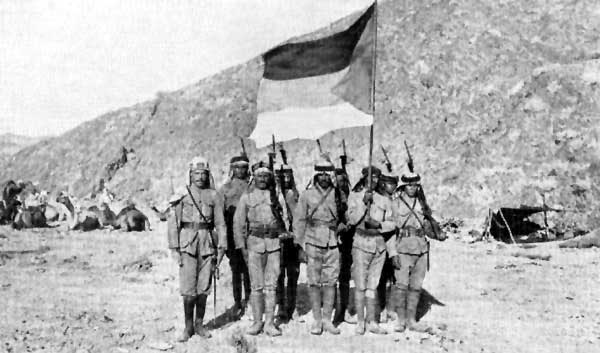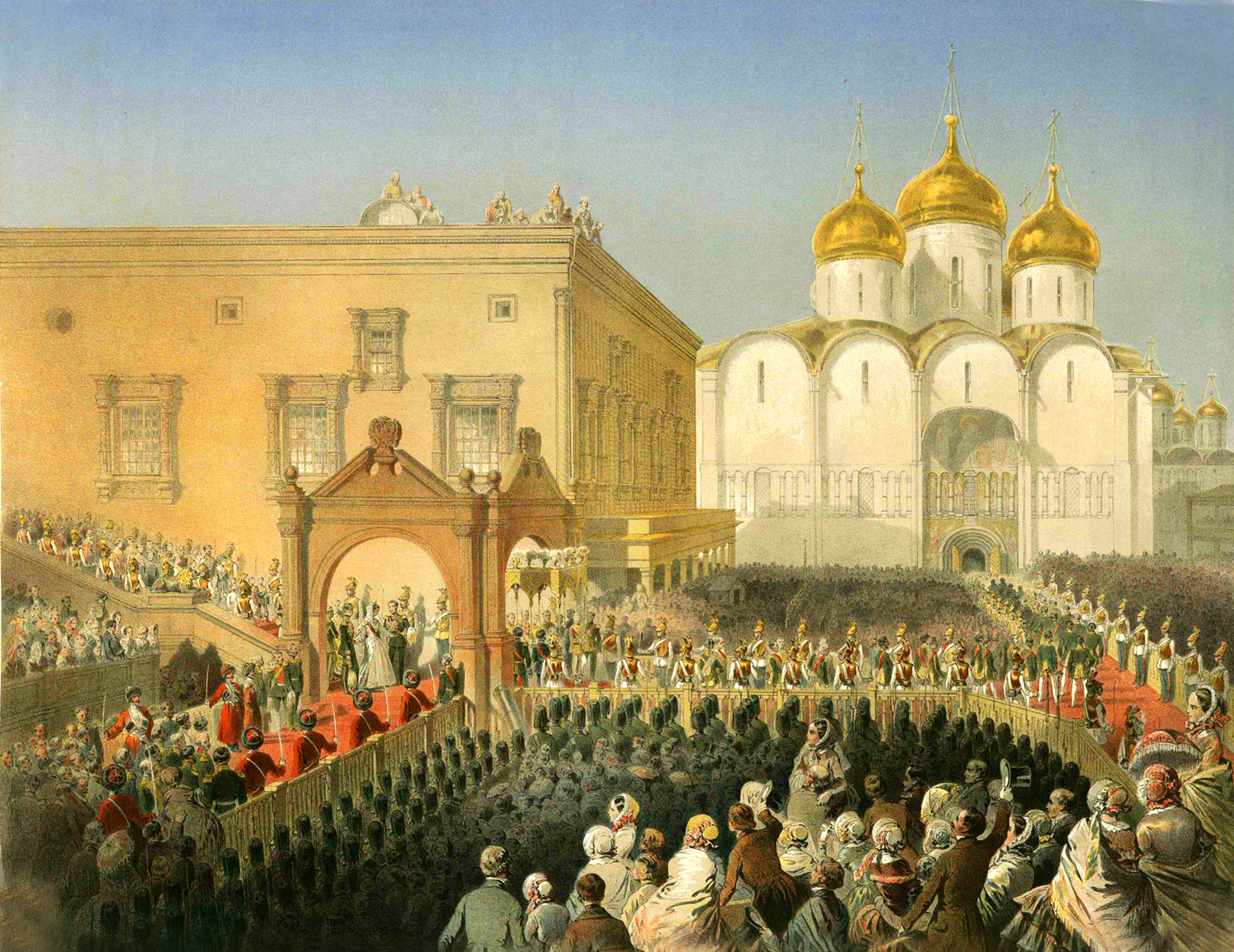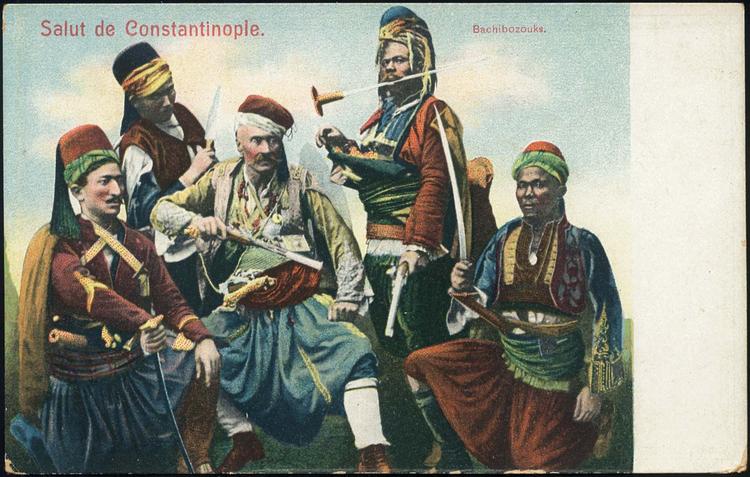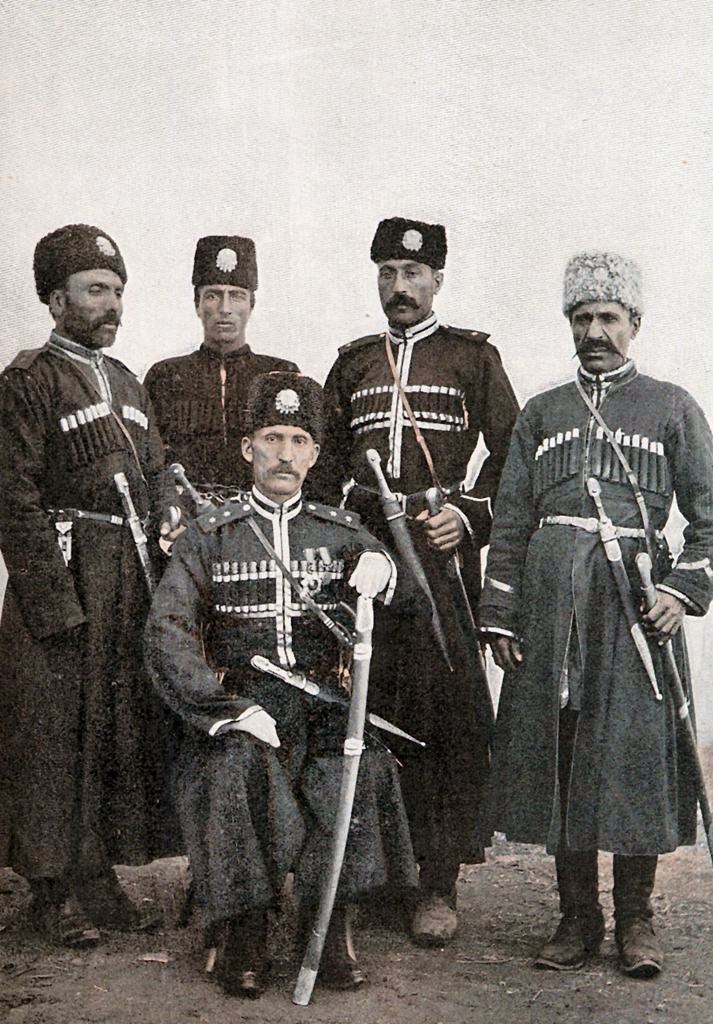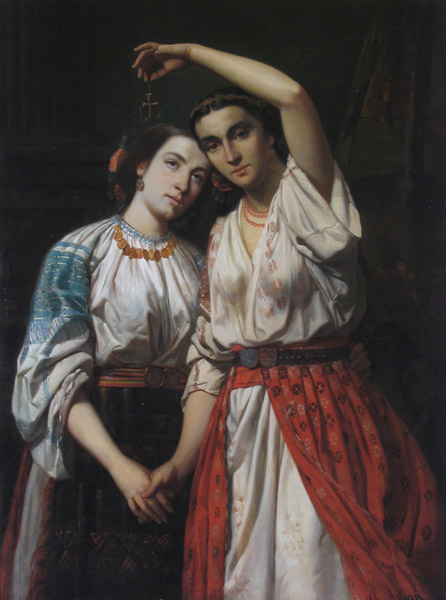|
Great Eastern Crisis
The Great Eastern Crisis of 1875–1878 began in the Ottoman Empire's Rumelia, administrative territories in the Balkan Peninsula in 1875, with the outbreak of several uprisings and wars that resulted in the intervention of international powers, and was ended with the Treaty of Berlin (1878), Treaty of Berlin in July 1878. The war is referred to differently in various languages of the peoples involved in it due to differing sociocultural backgrounds. In Serbo-Croatian and Turkish language, Turkish, the war is likewise referred to as ''Velika istočna kriza'' ("Great Eastern Crisis") and ''Şark Buhranı'' ("Eastern Crisis") respectively. However, the occasionally used Turkish name ''Ramazan Kararnamesi'' ("Decree of Ramadan") refers specifically to the sovereign default declared on 30 October 1875 in historiography while ''93 Harbi'' ("War of 93") refers to the Russo-Turkish War (1877–1878), Russo-Turkish War (the year 1293 of the Islamic Rumi calendar corresponding to the year ... [...More Info...] [...Related Items...] OR: [Wikipedia] [Google] [Baidu] [Amazon] |
Rise Of Nationalism In The Ottoman Empire
The rise of the Western notion of nationalism in the Ottoman Empire eventually caused the breakdown of the Ottoman ''millet'' system. The concept of nationhood, which was different from the preceding religious community concept of the millet system, was a key factor in the decline of the Ottoman Empire. Background In the Ottoman Empire, the Islamic faith was the official religion, with members holding all rights, as opposed to Non-Muslims, who were restricted. Non-Muslim ('' dhimmi'') ethno-religious legal groups were identified as different '' millets'', which means "nations". Ideas of nationalism emerged in Europe in the 19th century at a time when most of the Balkans were still under Ottoman rule. The Christian peoples of the Ottoman Empire, starting with Serbs and Greeks, but later spreading to Montenegrins and Bulgarians, began to demand autonomy in a series of armed revolts beginning with the Serbian Revolution (1804–17) and the Greek War of Independence (1821–29 ... [...More Info...] [...Related Items...] OR: [Wikipedia] [Google] [Baidu] [Amazon] |
Russian Empire
The Russian Empire was an empire that spanned most of northern Eurasia from its establishment in November 1721 until the proclamation of the Russian Republic in September 1917. At its height in the late 19th century, it covered about , roughly one-sixth of the world's landmass, making it the list of largest empires, third-largest empire in history, behind only the British Empire, British and Mongol Empire, Mongol empires. It also Russian colonization of North America, colonized Alaska between 1799 and 1867. The empire's 1897 census, the only one it conducted, found a population of 125.6 million with considerable ethnic, linguistic, religious, and socioeconomic diversity. From the 10th to 17th centuries, the Russians had been ruled by a noble class known as the boyars, above whom was the tsar, an absolute monarch. The groundwork of the Russian Empire was laid by Ivan III (), who greatly expanded his domain, established a centralized Russian national state, and secured inde ... [...More Info...] [...Related Items...] OR: [Wikipedia] [Google] [Baidu] [Amazon] |
Grand Duke Nicholas Nikolaevich Of Russia (1831–1891)
Grand Duke Nicholas Nikolaevich of Russia (; 8 August 1831 – 25 April 1891) was the third son and sixth child of Nicholas I of Russia, Tsar Nicholas I of Russia and Charlotte of Prussia, Alexandra Feodorovna. He may also be referred to as Nicholas Nikolaevich the Elder to tell him apart from his son, Grand Duke Nicholas Nikolaevich of Russia (1856–1929). Trained for the military, as a Field Marshal he commanded the Russian army of the Danube in the Russo-Turkish War, 1877–1878. Military career Grand Duke Nicholas Nikolaevich was born on 8 August 1831 at Tsarskoye Selo in St. Petersburg. His father arranged for Nicholas Nikolaevich a career in the army. On the day he was born, he was appointed honorary colonel in the Life Guard Lancers and enlisted into the Life Guard Sappers battalion. A soldier most of his life, he first saw active service in the Crimea War, when he was in his early twenties, taking part in the battle of Inkerman (1854). Grand Duke Nicholas Nicolaievich ... [...More Info...] [...Related Items...] OR: [Wikipedia] [Google] [Baidu] [Amazon] |
Alexander II Of Russia
Alexander II ( rus, Алекса́ндр II Никола́евич, Aleksándr II Nikoláyevich, p=ɐlʲɪˈksandr ftɐˈroj nʲɪkɐˈlajɪvʲɪtɕ; 29 April 181813 March 1881) was Emperor of Russia, Congress Poland, King of Poland and Grand Duke of Finland from 2 March 1855 until Assassination of Alexander II of Russia, his assassination in 1881. Alexander's most significant reform as emperor was the emancipation reform of 1861, emancipation of Serfdom in Russia, Russia's serfs in 1861, for which he is known as Alexander the Liberator ( rus, Алекса́ндр Освободи́тель, r=Aleksándr Osvobodítel, p=ɐlʲɪˈksandr ɐsvəbɐˈdʲitʲɪlʲ). The tsar was responsible for other Liberalism, liberal reforms, including reorganizing the judicial system, setting up elected local judges, abolishing corporal punishment, promoting local self-government through the ''zemstvo'' system, imposing universal military service, ending some privileges of the nobility, and promot ... [...More Info...] [...Related Items...] OR: [Wikipedia] [Google] [Baidu] [Amazon] |
Principality Of Abkhazia
The Principality of Abkhazia ( ka, აფხაზეთის სამთავრო, tr) emerged as a separate feudal entity in the 15th-16th centuries, amid the civil wars in the Kingdom of Georgia that concluded with the dissolution of the unified Georgian monarchy. The principality retained a degree of autonomy under Ottoman and then Russian rule, but was eventually absorbed into the Russian Empire in 1864. Background Abkhazia, as a duchy (''saeristavo'') within the Kingdom of Georgia, was previously referred as the Duchy of Tskhumi was ruled by the house of Sharvashidze since the 12th century. The sources are very scarce about the Abkhazian history of that time. The Genoese established their trading factories along the Abkhazian coastline in the 14th century, but they functioned for a short time. When the Georgian kingdom was embroiled in a bitter civil war in the 1450s, the Sharvashidzes joined a major rebellion against King George VIII of Georgia, which saw him def ... [...More Info...] [...Related Items...] OR: [Wikipedia] [Google] [Baidu] [Amazon] |
Caucasian Imamate
The Caucasian Imamate, also known as the North Caucasus Imamate (), was a state founded by Muslim imams in the early-to-mid 19th century across Dagestan and Chechnya. It emerged during the Caucasian War (1817–1864) as a resistance movement against the Russian Empire's expansion into the region. The Imamate sought to unify the diverse peoples of the North Caucasus under a centralized Islamic governance structure, implementing sharia law to consolidate political and military opposition to Russian rule. Russia, aiming to secure its southern frontiers and stabilize communication routes to its newly acquired territories in the South Caucasus (modern-day Georgia (country), Georgia, Armenia, and Azerbaijan), sought to annex the North Caucasus. The Imamate became the primary force opposing this conquest, enduring decades of conflict before its eventual dissolution following the capture of its final leader, Imam Shamil, in 1859. Background The Northeast Caucasus historically compri ... [...More Info...] [...Related Items...] OR: [Wikipedia] [Google] [Baidu] [Amazon] |
Polish Legion In Turkey
Polish may refer to: * Anything from or related to Poland, a country in Europe * Polish language * Polish people, people from Poland or of Polish descent * Polish chicken * Polish brothers (Mark Polish and Michael Polish, born 1970), American twin screenwriters * Kevin Polish, an American Paralympian archer Polish may refer to: * Polishing, the process of creating a smooth and shiny surface by rubbing or chemical action ** French polishing, polishing wood to a high gloss finish * Nail polish * Shoe polish * Polish (screenwriting), improving a script in smaller ways than in a rewrite See also * * * Polishchuk (surname) * Polonaise (other) A polonaise ()) is a stately dance of Polish origin or a piece of music for this dance. Polonaise may also refer to: * Polonaises (Chopin), compositions by Frédéric Chopin ** Polonaise in A-flat major, Op. 53 (, ''Heroic Polonaise''; ) * Polon ... {{Disambiguation, surname Language and nationality disambiguation pages ... [...More Info...] [...Related Items...] OR: [Wikipedia] [Google] [Baidu] [Amazon] |
Bashi Bazouk
A bashi-bazouk ( , , , roughly "leaderless" or "disorderly") was an irregular soldier of the Ottoman army, raised in times of war. The army primarily enlisted Albanians and sometimes Circassians as bashi-bazouks, but recruits came from all ethnic groups of the Ottoman Empire, including slaves from Europe or Africa. Bashi-bazouks had a reputation for being undisciplined and brutal, notorious for looting and preying on civilians as a result of a lack of regulation and of the expectation that they would support themselves off the land. Origin and history Although the Ottoman armies always contained irregular troops such as mercenaries as well as regular soldiers, the strain on the Ottoman feudal system, caused mainly by the Empire's wide expanse, required a heavier reliance on irregular soldiers. They were armed and maintained by the government, but did not receive pay and did not wear uniforms or distinctive badges. They were motivated to fight mostly by expectations of plun ... [...More Info...] [...Related Items...] OR: [Wikipedia] [Google] [Baidu] [Amazon] |
Hamidiye (cavalry)
The ''Hamidiye'' regiments (literally meaning "belonging to Hamid", full official name ''Hamidiye Hafif Süvari Alayları'', Hamidiye Light Cavalry Regiments) were well-armed, irregular, mainly Sunni Kurdish but also Turkish, Circassian,Palmer, Alan, ''Verfall und Untergang des Osmanischen Reiches'', Heyne, München 1994 (engl. Original: London 1992), pp. 249, 258, 389. .Van Bruinessen, Martin''Agha, Shaikh and State - The Social and Political Structures of Kurdistan'' London: Zed Books, 1992, p. 185. Van Bruinessen mentions the "occasional" recruiting of a Turkish tribe (the Qarapapakh) Turkmen, Shaw, Stanford J. and Ezel Kural Shaw, ''History of the Ottoman Empire and Modern Turkey''. Cambridge: Cambridge University Press, 1977, vol. 2, p. 246. Yörük,Öhrig, Bruno, ''Meinungen und Materialien zur Geschichte der Karakeçili Anatoliens'', in: Matthias S. Laubscher (Ed.), Münchener Ethnologische Abhandlungen, 20, Akademischer Verlag, München 1998 (Edition Anacon), zuglei ... [...More Info...] [...Related Items...] OR: [Wikipedia] [Google] [Baidu] [Amazon] |
Bosnia Vilayet
The Bosnia Vilayet (Serbo-Croatian: Bosanski vilajet/Vilajet Bosna) was a first-level administrative division (vilayet) of the Ottoman Empire, mostly comprising the territory of the present-day state of Bosnia and Herzegovina, with minor parts of modern Montenegro. It bordered Kosovo Vilayet to the south. Before the administrative reform in 1867, it was called the Bosnia Eyalet. In the late 19th century it reportedly had an area of .Europe by Éliseé Reclus, page 152 It effectively ceased to exist as an Ottoman province after the |
Greeks
Greeks or Hellenes (; , ) are an ethnic group and nation native to Greece, Greek Cypriots, Cyprus, Greeks in Albania, southern Albania, Greeks in Turkey#History, Anatolia, parts of Greeks in Italy, Italy and Egyptian Greeks, Egypt, and to a lesser extent, other countries surrounding the Eastern Mediterranean and Black Sea. They also form a significant Greek diaspora, diaspora (), with many Greek communities established around the world.. Greek colonies and communities have been historically established on the shores of the Mediterranean Sea and Black Sea, but the Greek people themselves have always been centered on the Aegean Sea, Aegean and Ionian Sea, Ionian seas, where the Greek language has been spoken since the Bronze Age.. Until the early 20th century, Greeks were distributed between the Greek peninsula, the western coast of Asia Minor, the Black Sea coast, Cappadocia in central Anatolia, Egypt, the Balkans, Cyprus, and Constantinople. Many of these regions coincided to ... [...More Info...] [...Related Items...] OR: [Wikipedia] [Google] [Baidu] [Amazon] |
United Principalities Of Moldavia And Wallachia
The United Principalities of Moldavia and Wallachia (), commonly called United Principalities or Wallachia and Moldavia, was the personal union of the Principality of Moldavia and the Principality of Wallachia. The union was formed on when Alexandru Ioan Cuza was elected as the '' Domnitor'' (Ruling Prince) of both principalities. Their separate autonomous vassalage in the Ottoman Empire continued with the unification of both principalities. On , Moldavia and Wallachia formally united to create the Romanian United Principalities, the core of the Romanian nation state. In February 1866, Prince Cuza was forced to abdicate and go into exile by a political coalition led by the Liberals; the German prince Karl of Hohenzollern-Sigmaringen was offered the Throne and, on he entered Bucharest for the first time. In July the same year, a new constitution came into effect, giving the country the name of Romania; internationally, this name was used only after 1877, since at the time it ... [...More Info...] [...Related Items...] OR: [Wikipedia] [Google] [Baidu] [Amazon] |
